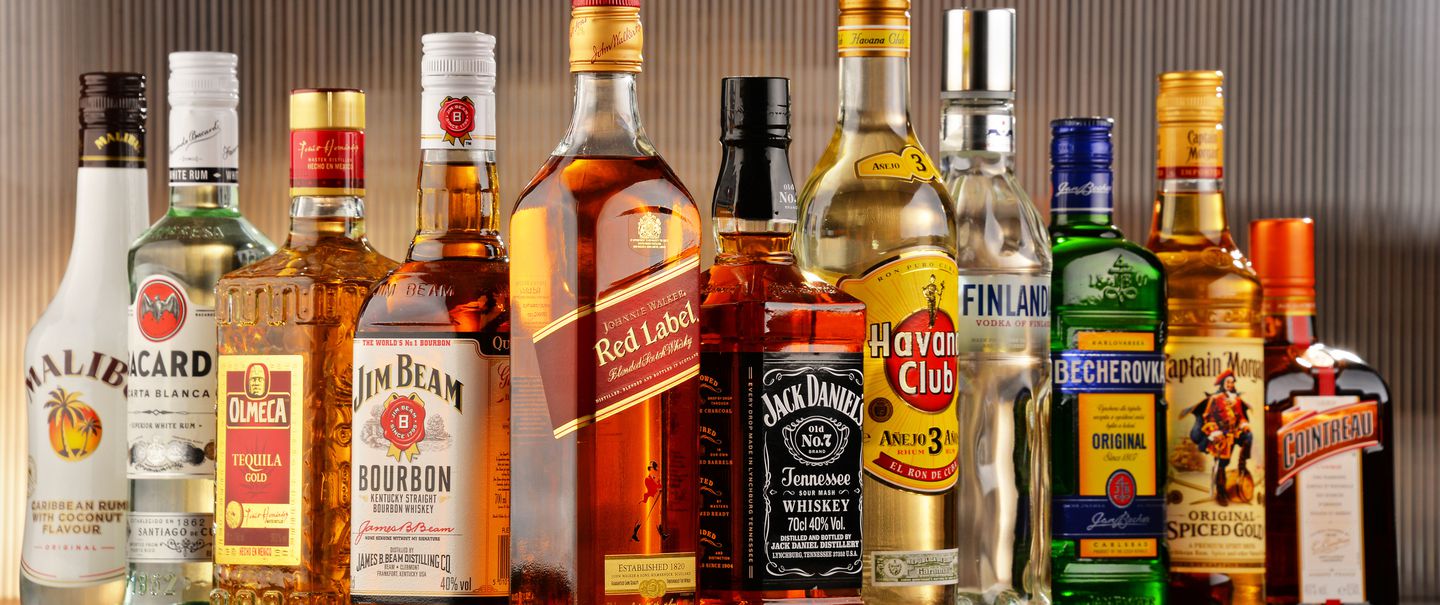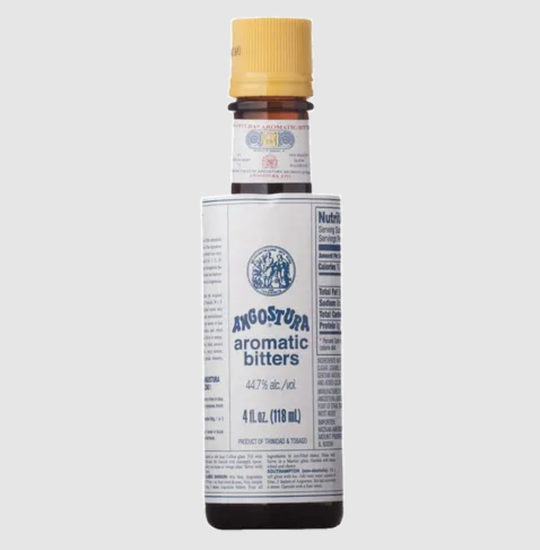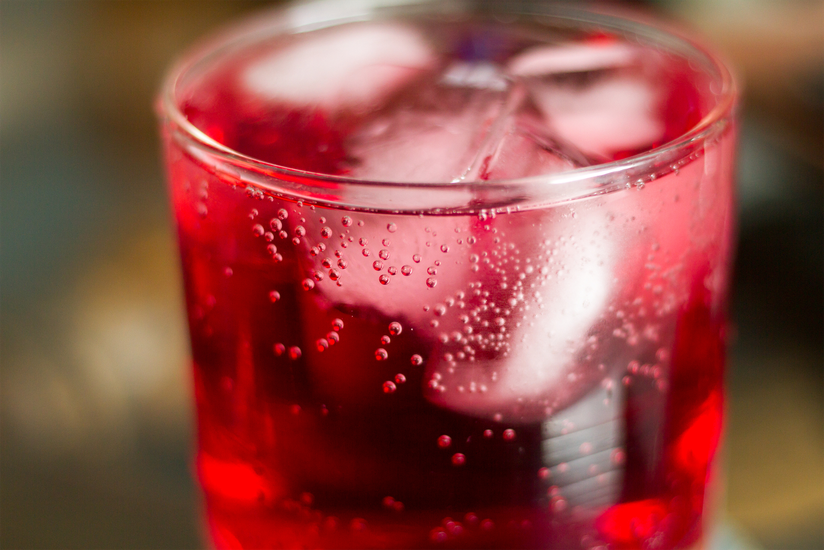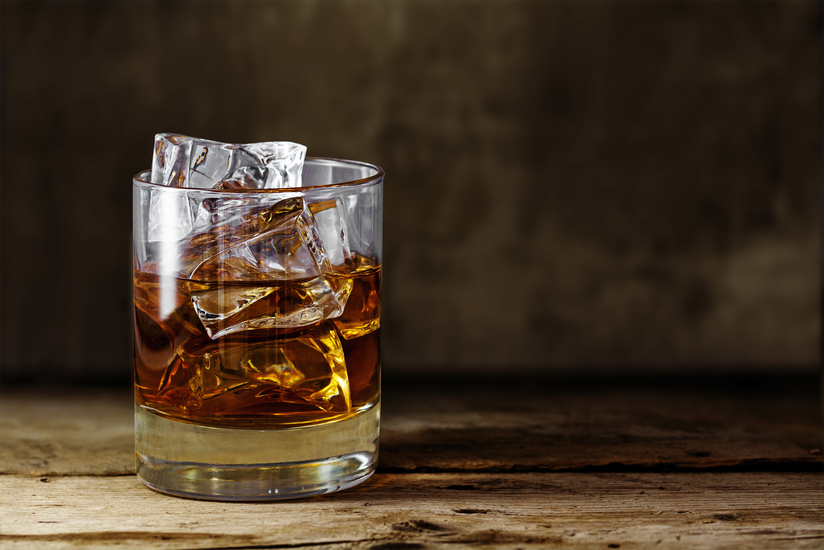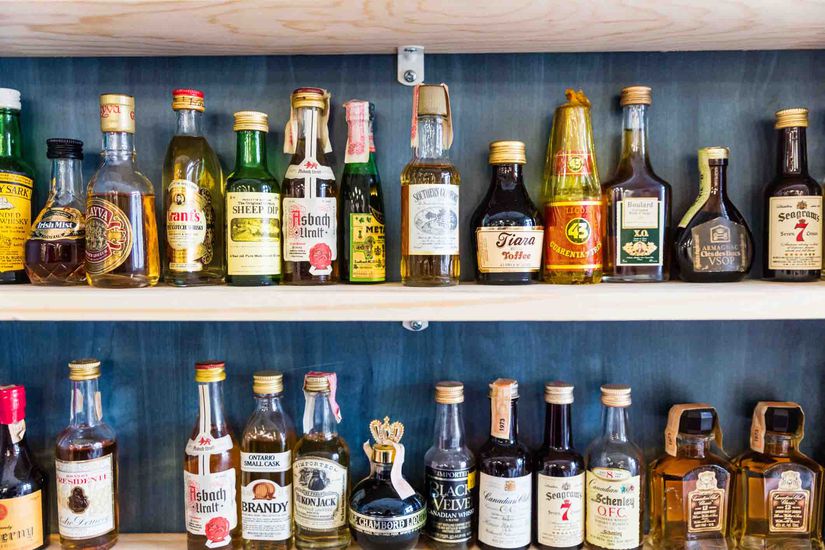Mix It Up!
Want to serve Eggo Nog, the waffle-flavored, rum-based, after-dinner drink Kellogg's is releasing, to guests this holiday? Even if that doesn't appeal, one of life's many pleasures is being able to sip on an excellent cocktail at your favorite bar or restaurant. But it's getting expensive out there, and opting to build your own home bar (with or without a waffle-flavored liquor) featuring your favorite spirits has become an especially savvy move — plus, it means you're well-prepared to mix up a variety of libations whenever your friends drop in. Whether you're building a home bar from scratch or looking to expand your offerings to guests, certain liquors and mixers are necessary to concoct classic and creative cocktails.
Related: 17 Refreshing Summer Cocktails From Around the World
